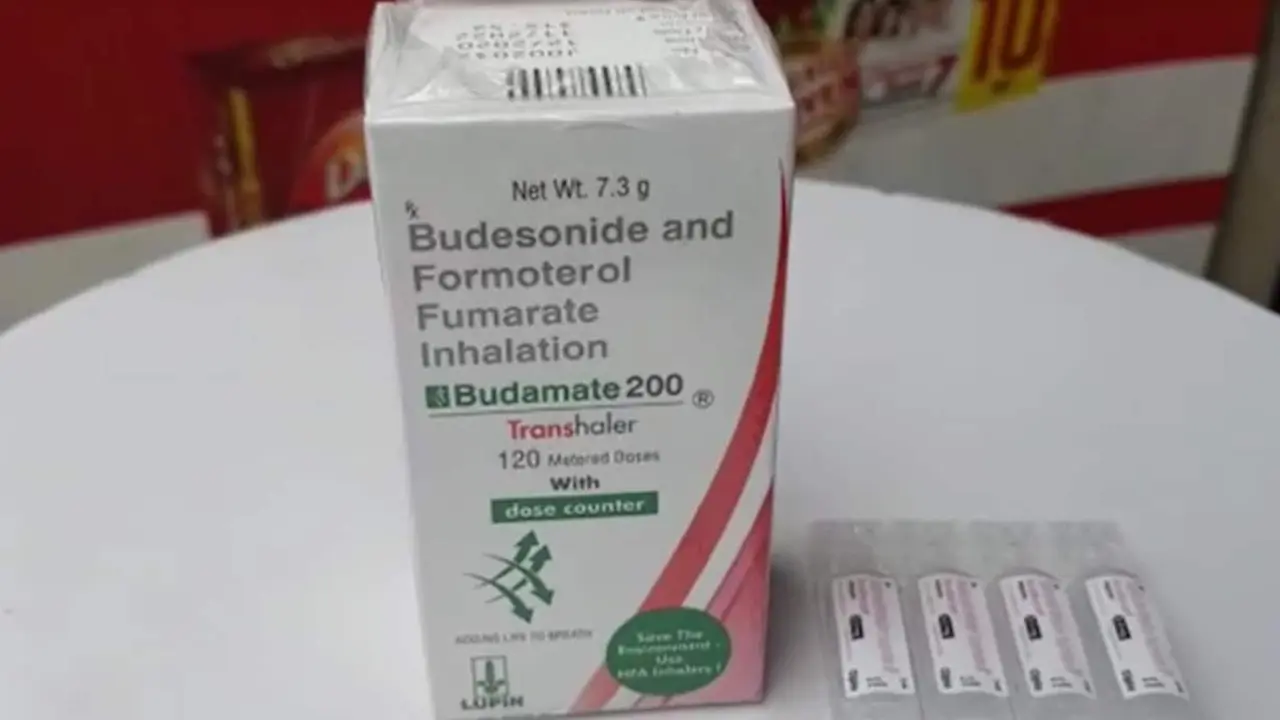Budesonide: Uses, How It Works, and Practical Tips
Budesonide is a steroid medicine used to reduce inflammation in airways, nose, and gut. You’ll find it as an inhaler, a nasal spray, pills that act in the gut, and enemas or foam for inflammatory bowel disease. Doctors prescribe it for asthma, allergic rhinitis, and mild to moderate Crohn’s disease or ulcerative colitis. It’s strong where you need it and usually causes fewer whole-body steroid effects than pills like prednisone.
How you take budesonide matters. For asthma, the inhaler or nebulized form goes straight to your lungs—use it daily as directed, and rinse your mouth after each use to avoid thrush. For nasal allergy, a spray reduces swelling and sneezing; expect full benefit after a few days to weeks. For gut conditions, oral budesonide releases in the intestine to calm inflammation with less impact on the rest of the body. Follow your doctor’s dose and don’t stop suddenly if you’ve used it for a long time.
How Budesonide Works
Budesonide is a corticosteroid that lowers the immune response causing inflammation. It blocks chemicals that make tissues red, swollen, and itchy. Inhaled and nasal versions act locally, so smaller amounts reach your bloodstream. That lowers the risk of side effects compared with systemic steroids, but some risk still exists, especially with long-term use or high doses.
What to Watch For
Common side effects include throat irritation, hoarseness, oral thrush, and nose dryness or bleeding with sprays. If you take oral or high-dose forms, you may notice weight gain, mood changes, sleep trouble, or increased infection risk. Kids on long-term budesonide need monitoring for growth. Tell your doctor if you have liver disease, active infections, or if you are pregnant or breastfeeding.
Timing and technique matter. With inhalers, use a spacer if you struggle with coordination—spacers improve delivery and reduce throat side effects. With nasal sprays, aim the nozzle away from the nasal septum and breathe gently. For oral gut-targeted pills, take as prescribed with or without food per instructions. Keep track of refill dates and avoid doubling doses if you miss one; check with your prescriber instead.
Interactions and safety: Budesonide can interact with strong liver enzyme inhibitors like ketoconazole or certain HIV medications, which raise steroid levels. Vaccines that use live viruses may be unsafe if you’re on high-dose steroids. Always tell new providers you use budesonide and show your medicine list at appointments.
Buying and storage: Keep inhalers and sprays at room temperature away from heat. Check expiration dates; damaged devices may deliver the wrong dose. Buy from reputable pharmacies and avoid suspicious online sellers that won’t require a prescription. When in doubt, ask your pharmacist to show you how to use the device properly.
Quick takeaway: Budesonide controls inflammation effectively when used correctly. Know your form (inhaler, spray, oral, or enema), watch for local side effects, use proper technique, and keep your healthcare team informed about other medicines and health changes. If unsure, ask your doctor for clear instructions today.
Symbicort Prescription Online: A Comprehensive Guide to Managing Asthma and COPD
This detailed article explores the nuances of getting a Symbicort prescription online, its medical and side effects, and drug interactions with Budesonide and Formoterol substances. Readers will find in-depth analysis of the most common dosages and recommendations for using this medication to manage asthma and Chronic Obstructive Pulmonary Disease (COPD). Learn how to navigate the complexities of online prescriptions and ensure proper use to maximize benefits and minimize risks.






